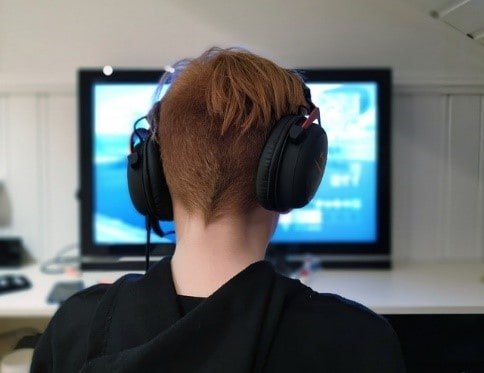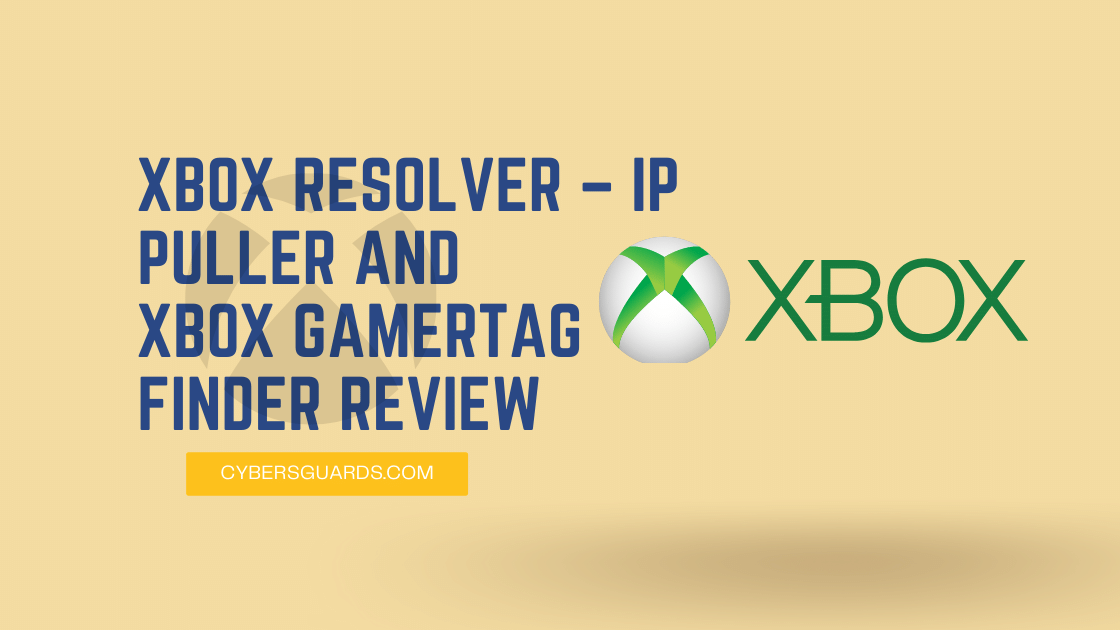If you’re a keen gamer, you likely spend many hours each week gaming online. This passion has probably accelerated during COVID-19 lockdowns, too, if you’ve been stuck at home more than normal.
 While gaming is a popular hobby for millions of people around the globe, this high level of uptake has also drawn attention from hackers. Now, more than ever, cybercriminals are targeting gaming communities and platforms.
While gaming is a popular hobby for millions of people around the globe, this high level of uptake has also drawn attention from hackers. Now, more than ever, cybercriminals are targeting gaming communities and platforms.
Hackers look to break into these systems to discover personal information and cause other problems, such as ransoming data and crashing sites. This means it’s vital to take steps to protect yourself, your family, and your business, if you work from home, from cybercriminal break-ins.
Use Unique Passwords
Choose unique, hard-to-crack passwords for your online gaming profiles, computer, smart-home gear, and router. These codes should be different from each other, so if a hacker deduces one, they won’t be able to break into all your accounts, gadgets, or networks. Choose passwords eight characters in length at a minimum, that contain a combination of upper- and lower-case letters, as well as at least one number and one symbol.
When choosing passwords, don’t base them on information you’ve shared publicly anywhere. For instance, avoid passwords based on your birth date, address, email address, the names of your children or pets, lucky numbers, favorite sports team, and so on.
Protect Your Devices
It’s also vital when you’re an online gamer to install top-notch home network security products that help stop cybercriminals from breaking into the internet-connected devices you use when playing games. Comprehensive security software protects numerous gadgets from outside interference like ransomware, malware, viruses, spam, spyware, phishing, etc.
Take the time, too, to clean up your computer and related gear to get rid of bugs and other concerns. Utilize cleaning software tools such as the Cleaner One Pro for Mac that detect and eliminate threats quickly, reducing the chances of hackers causing prolonged damage.
Only Game when Accessing Secure Wi-Fi
Another way to protect yourself is to only ever participate in online gaming when you have access to secure Wi-Fi. If you’re gaming at home, your property’s Wi-Fi should already have a proper code on it so that no one can access your internet. However, don’t forget to be cautious when you want to play when in other venues.
Avoid using public networks (e.g., those in cafes, on public transport, at hotels, in libraries, and shopping malls, etc.) when you participate in online gaming and ensure the Wi-Fi at friends’ or family members’ houses is adequately secured, too. Remember that if you use public networks, you don’t know who owns them or has access to them, which leaves you open to risk.
Don’t Share Too Much Information about Yourself
A mistake some gamers make that leaves them more vulnerable to a hacker attack is sharing too much information about themselves with others. It might be fun to chat with other gamers about what you do, where you live, your contact data, and other parts of life, but be aware that this openness can expose you. Similarly, never share your gaming or other login details with other people, even if they’re friends.
The reality is that people can both unwittingly or knowingly, in the case of scammers, pass on, or use your information in ways you don’t expect or want. The less identifying data you share, though, the fewer chances there are that anyone will break into your account, use phishing schemes, or try to steal your identity.
Be Careful What You Buy and Download
While you probably enjoy trying new games to keep things fresh, you should only ever buy from trusted sources. Ensure any of the online sites you purchase games from are authentic, credible, and selling real, uninfected software. For instance, check out the Google Play

or Apple App stores, the specific shops for Windows and Mac machines, or well-known online shops like Green Man Gaming, Humble Bundle, and Steam, amongst others. Many console manufacturers also have online stores where you can buy safe games.
Don’t download pirated software as this may contain malicious viruses or otherwise leave you more vulnerable to a cybercriminal. If friends or family members offer to give you copies of games, ask where they got their software, so you don’t expose yourself to more risk.
Online gaming is a fun activity that can act as entertainment, relaxation, and even a way to connect with other people. However, you do need to follow the tips above to ensure you don’t give hackers an invitation to break into your systems and cause havoc.











Leave a Reply